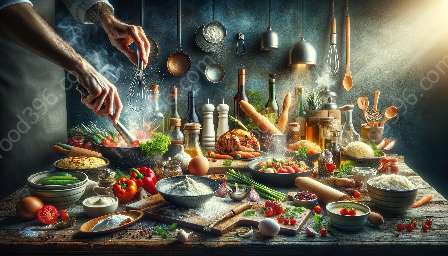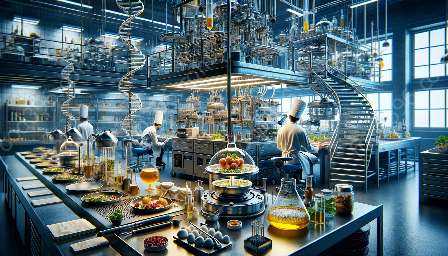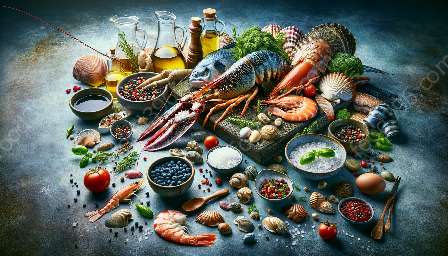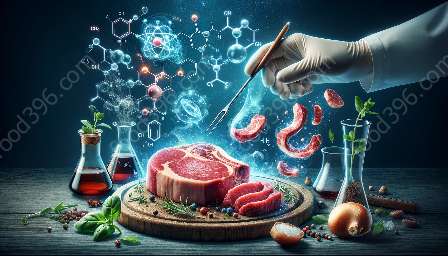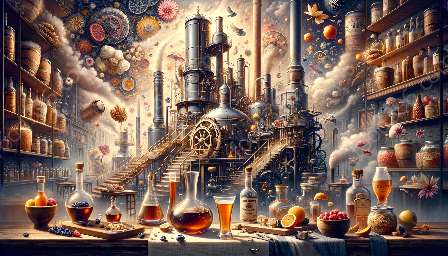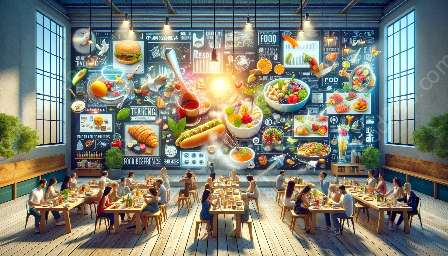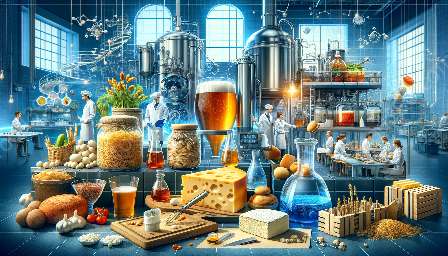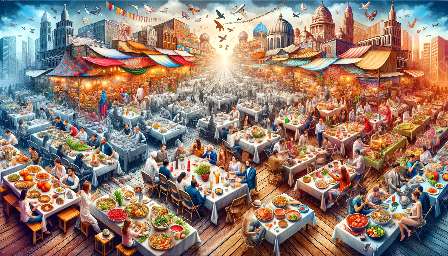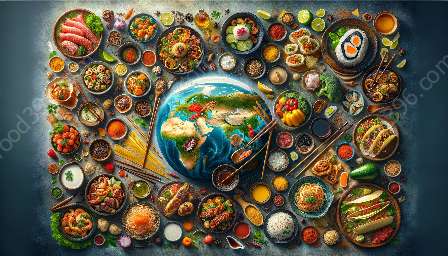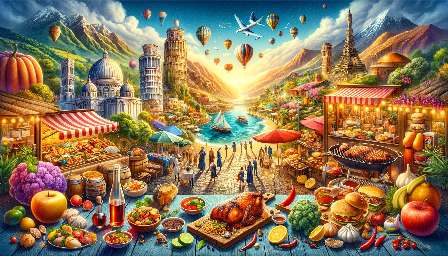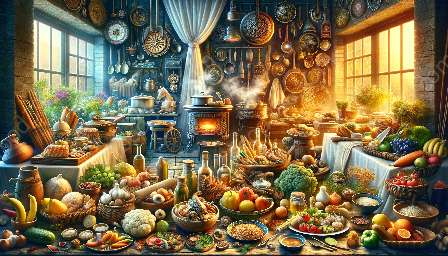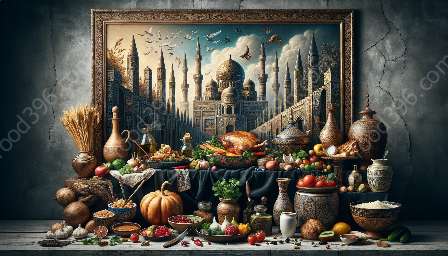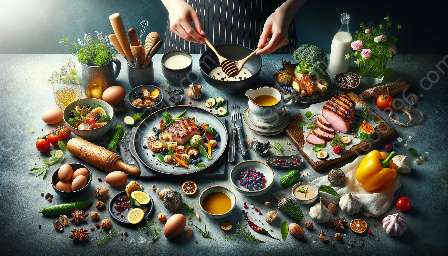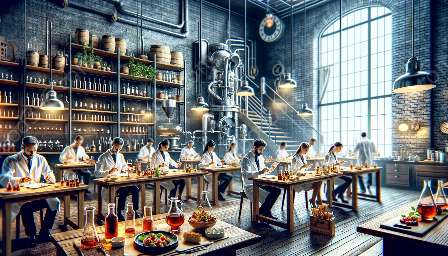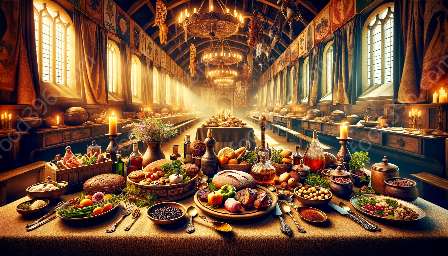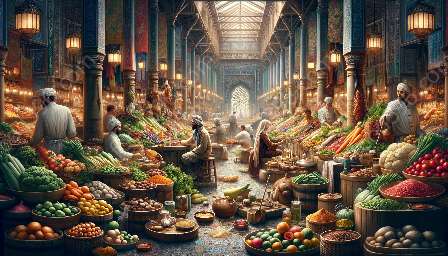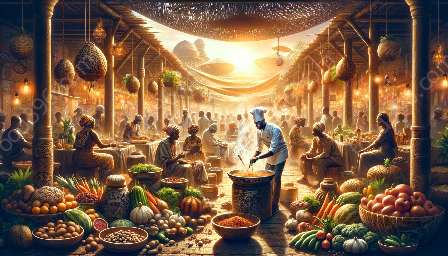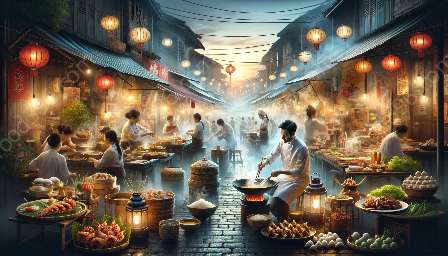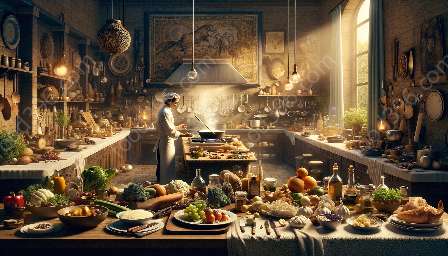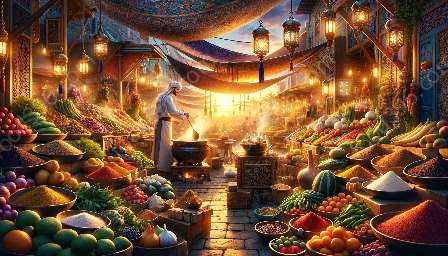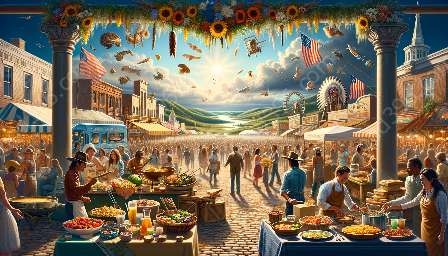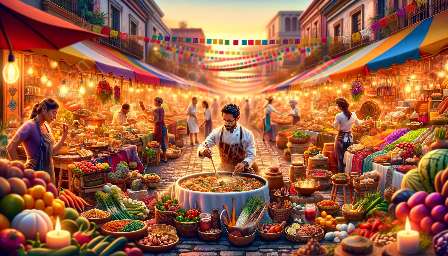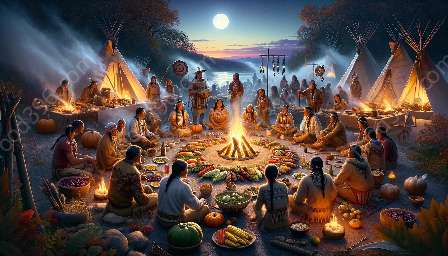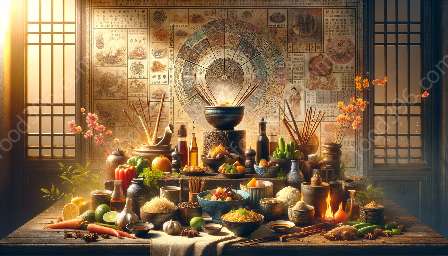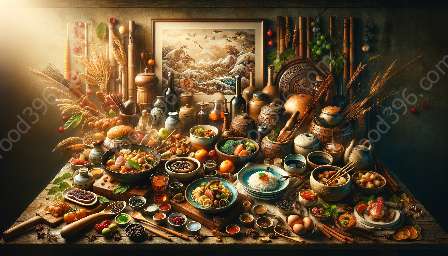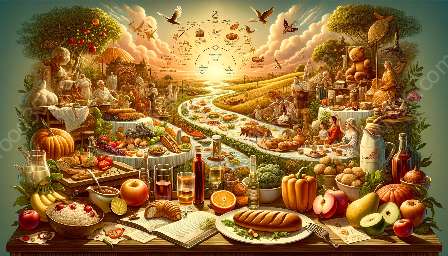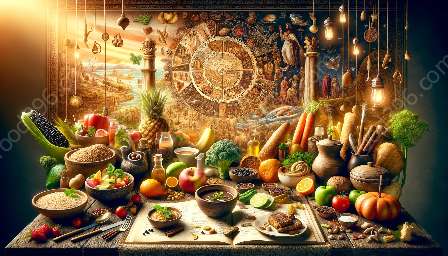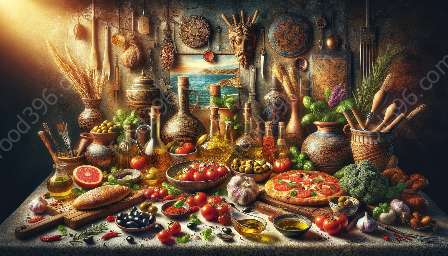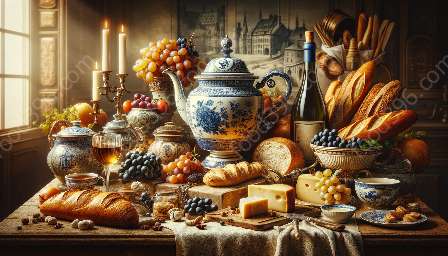Food is not just sustenance; it is an integral part of human culture and history. From the earliest civilizations to the present day, cuisine has played a vital role in shaping societies, traditions, and even economies. By delving into the history of cuisine, we gain a deeper understanding of the cultural, social, and culinary influences that have shaped the way we eat and cook today.
Ancient Origins of Cuisine
The history of cuisine dates back thousands of years, with evidence of ancient cooking methods and recipes found in archaeological discoveries. Early civilizations such as the Mesopotamians, Egyptians, Greeks, and Romans developed intricate culinary traditions, utilizing local ingredients and spices to create flavorful dishes. These ancient cultures laid the foundation for many of the culinary practices we still follow today.
The Birth of Gastronomy
The ancient Greeks are credited with being the first society to elevate food and dining to an art form. They introduced the concept of gastronomy, which focused on the enjoyment of good food and wine, as well as the social and cultural aspects of dining. Greek philosophers, such as Archestratus, wrote about the pleasures of food and the importance of harmony in flavors, setting the stage for the future development of culinary arts.
The Spice Trade and Global Influence
During the Middle Ages, the spice trade played a pivotal role in shaping the global culinary landscape. Spices such as pepper, cinnamon, and nutmeg were highly coveted and led to extensive trade routes between Asia, Africa, and Europe. The introduction of new spices and ingredients revolutionized cooking techniques and expanded the palate of cultures around the world.
The Renaissance and Culinary Innovation
The Renaissance period marked a significant turning point in culinary history, as it saw the emergence of new cooking techniques, innovative recipes, and the birth of modern gastronomy. Influential figures such as Bartolomeo Scappi, an Italian chef, and author, published one of the first comprehensive cookbooks, 'Opera,' which documented recipes and culinary practices of the era.
Colonialism and Fusion Cuisine
The age of exploration and colonialism introduced new ingredients and culinary traditions to different regions of the world. This period gave rise to fusion cuisine, as cultural exchange led to the blending of flavors and cooking styles from diverse cultures. Conquistadors brought New World ingredients like tomatoes, potatoes, and chocolate to Europe, forever changing the culinary landscape.
Industrial Revolution and Modernization of Food
The Industrial Revolution brought about significant changes in the way food was produced, preserved, and distributed. Advancements in technology and transportation led to the mass production of food and the development of packaged goods. Canned food, refrigeration, and food processing techniques revolutionized the availability and variety of food products in the market.
Fast Food and Culinary Globalization
The post-World War II era witnessed the rise of fast food and the globalization of cuisine. American fast-food chains, such as McDonald's, KFC, and Pizza Hut, expanded globally, spreading American culinary influence worldwide. This period also saw an increased exchange of culinary traditions, as international travel and immigration led to the fusion of diverse cuisines.
Modern Culinary Trends and Sustainability
Today, the culinary world continues to evolve, with a focus on sustainability, local sourcing, and innovative cooking techniques. Chefs and food enthusiasts are exploring traditional and indigenous ingredients, reviving ancient cooking methods, and advocating for ethical and eco-friendly practices in food production.
The Future of Cuisine
As we look to the future, the history of cuisine serves as a guide for understanding the evolution of food and the culinary arts. From ancient cooking methods to modern gastronomy, the diverse and dynamic history of cuisine continues to shape our relationship with food and drink, reflecting the cultural, social, and environmental influences of our time.
